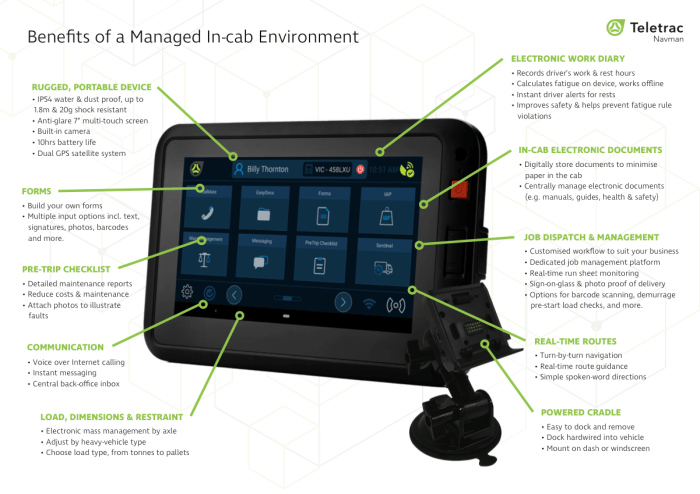Electronic work diary apps are revolutionizing how professionals manage their time and projects. From tracking billable hours to generating insightful reports, these apps offer a streamlined approach to productivity and accountability. This exploration delves into the market landscape, key features, security considerations, user experience, integrations, and future trends shaping the evolution of electronic work diary apps, providing a comprehensive overview for both users and developers.
The increasing demand for efficient time management and improved project oversight has fueled the growth of the electronic work diary app market. This analysis examines various aspects, from the competitive dynamics among leading providers to the innovative features enhancing user experience and integration capabilities with other business tools.
We will also consider the crucial aspects of data security and privacy in this increasingly digital world.
Future Trends in Electronic Work Diary Apps
Electronic work diary apps are poised for significant evolution, driven by advancements in artificial intelligence (AI), blockchain technology, and other emerging technologies. These advancements promise to enhance functionality, improve usability, and ultimately reshape how professionals manage their time and track their work.
The integration of these technologies, however, also presents challenges that developers and users must address.
AI-Powered Enhancements in Time Tracking and Report Generation, Electronic work diary app
Artificial intelligence is set to revolutionize several aspects of electronic work diary apps. Specifically, AI can significantly improve time tracking accuracy and automate report generation. For instance, AI-powered algorithms can analyze email content, calendar entries, and project management software data to automatically log work hours, eliminating the need for manual entry and reducing the likelihood of human error.
This automation extends to report generation, where AI can create customized reports summarizing work hours, project progress, and other key metrics based on user-specified criteria. For example, an AI could automatically generate a weekly report detailing hours spent on client projects, categorized by task type and including any associated expenses.
Furthermore, predictive analytics powered by AI can forecast future workload based on historical data, enabling proactive resource allocation and project planning. This feature could be particularly beneficial for project managers and team leaders.
Blockchain Technology for Enhanced Data Security and Transparency
Blockchain technology offers a secure and transparent method for storing and managing work diary data. The decentralized and immutable nature of blockchain ensures data integrity and prevents unauthorized access or modification. This is especially crucial for sensitive information such as project details, client data, and confidential communications recorded within the diary.
For example, a blockchain-based work diary app could provide verifiable proof of work completed, which could be invaluable in resolving disputes or demonstrating compliance with contractual obligations. The increased transparency offered by blockchain could also foster greater trust and collaboration among team members and clients.
While the implementation of blockchain in work diary apps is still relatively nascent, its potential for enhancing data security and transparency is substantial.
Challenges and Opportunities in Integrating Emerging Technologies
The integration of AI and blockchain into electronic work diary apps presents both opportunities and challenges. A primary challenge is ensuring data privacy and security. The use of AI requires careful consideration of data handling practices to prevent unauthorized access or misuse of sensitive information.
Similarly, the implementation of blockchain requires robust security measures to protect against potential vulnerabilities. However, these challenges also present opportunities. For example, the development of innovative data encryption and access control mechanisms could emerge as a result of addressing these security concerns, leading to more secure and user-friendly applications.
Moreover, the increased efficiency and accuracy offered by AI and blockchain could lead to significant cost savings for businesses and improved productivity for individual users. The widespread adoption of these technologies will depend on overcoming these challenges and effectively communicating their benefits to potential users.
Ultimate Conclusion
Ultimately, the electronic work diary app market is dynamic and ever-evolving, driven by technological advancements and the persistent need for enhanced productivity. As we’ve seen, the success of these apps hinges on a balance of robust features, intuitive design, strong security measures, and seamless integration with existing workflows.
The future promises even more sophisticated applications leveraging AI and other emerging technologies to further optimize time management and project delivery. Choosing the right electronic work diary app requires careful consideration of individual needs and priorities, balancing functionality with security and ease of use.

